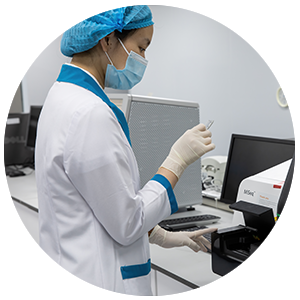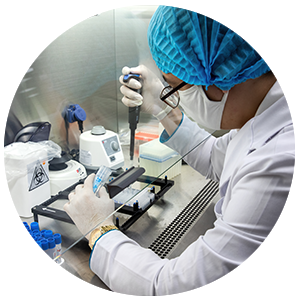During the COVID-19 outbreak that began in March 2020, many people suddenly became more sedentary as they complied with stay-at-home orders or self-quarantine. Recently published research shows that people who continue to spend more time sitting in the following weeks are more likely to experience symptoms of depression.
A closer investigation of these associations may help people improve their mental health.
As people complied with stay-at-home or self-quarantining orders during the early months of the COVID-19 outbreak, their daily commutes became jumbled between bedrooms and living rooms. Clicking on the Zoom link eliminated the need to walk to the meeting room and Netflix took up their dedicated gym time.
.
In short, a lot of people suddenly became more sedentary during the pandemic. Recently published research found that people who continued to spend more time sitting between April and June 2020 were more likely to suffer from depressive symptoms. A closer investigation of this connection may help people improve their mental health.
.
"Sitting is an unconscious behavior," said Jacob Meyer, associate professor of kinesiology at Iowa State University and lead author of the paper. "It's something we do all the time without thinking about it."
.
As director of the Health and Exercise Lab at Iowa State University, Meyer and his team examine how physical activity and sedentary behavior are related to mental health and changes in physical activity. how that change affects the way people think, feel, and perceive the world.
.
"In March 2020, we knew COVID would affect our behavior and what we could do in many novel, exciting ways that we couldn't predict," Meyer said.
.
To get a snapshot of those changes, Meyer and a team of researchers received survey responses from more than 3,000 study participants from all 50 states and the District of Colombia. Participants self-reported how much time they spent doing activities, like sitting, looking at screens and exercising, and looked at how those behaviors compared to pre-pandemic times . Using standard clinical scales, they also indicated changes to their mental health (e.g., depression, anxiety, feeling stressed, lonely).
.
“We know that as people's physical activity and screen time change, it affects our mental health, but we haven't really seen such large population data,” Meyer said. like this to react to such a sudden change before,” Meyer said.
.
Survey data show that participants who met the US Physical Activity Guidelines (i.e., 2.5-5 hours of moderate to vigorous physical activity per week) before the pandemic have decreased their physical activity increased by an average of 32%, shortly after COVID-19 restrictions took effect. The same participants reported feeling more depressed, anxious, and lonely. Meyer and his fellow researchers published their findings in the International Journal of Environmental Research and Public Health last year.
.
Meyer's latest paper in the journal Frontiers in Psychiatry serves as a follow-up study to see whether participants' behaviors and mental health changed over time. Participants filled out the same survey every week between April and June.
.
“In the second study, we found that on average people saw their mental health improve over an eight-week period,” Meyer said. "People have adapted to life during the pandemic. But for people who spend a lot of time sitting, their depressive symptoms, on average, do not recover in the same way as others."
.
Participants who continued to spend most of their day sitting experienced somewhat blunted improvements in mental health.
.
Meyer emphasized that finding a "link" between sitting and mental health is not the same as saying that sitting causes depression. He said it's possible that more depressed people sat more or that people who sat more became more depressed. Or there may be some other factor that researchers haven't identified.
.
“It certainly deserves further investigation,” Meyer said, adding that monthly survey data from June 2020 to June 2021 is expected to be publicly released soon. "I think being aware of some of the subtle changes we've made during the pandemic and how they can be beneficial or harmful is really important as we look to the other side of pandemic life".
.
Meyer said both starting and stopping a habit is difficult, even if someone wants to change their behavior. But he hopes more people will realize that just a little exercise can improve their mood and mental health, and try to find ways to build it into their daily routine.
.
Meyer recommends that people take breaks when sitting for long periods of time. “If you're no longer walking down the hallway for in-person meetings, you can still incorporate a break from sitting with short walks before and after your Zoom calls,” he says.
.
People working from home can try walking around the block before and after the workday to mimic their pre-pandemic commute, which Meyer said can benefit everyone physically. physically and mentally, and helps add structure to the day.
.
Researchers at Trinity College Dublin, University College Dublin and University of Limerick contributed to this study.
https://www.sciencedaily.com/releases/2021/11/211108114830.htm
Editor: Nguyen Hoang Hiep – Phacogen Institute of Technology,
(PhD in Biotechnology - UST University, Korea)





